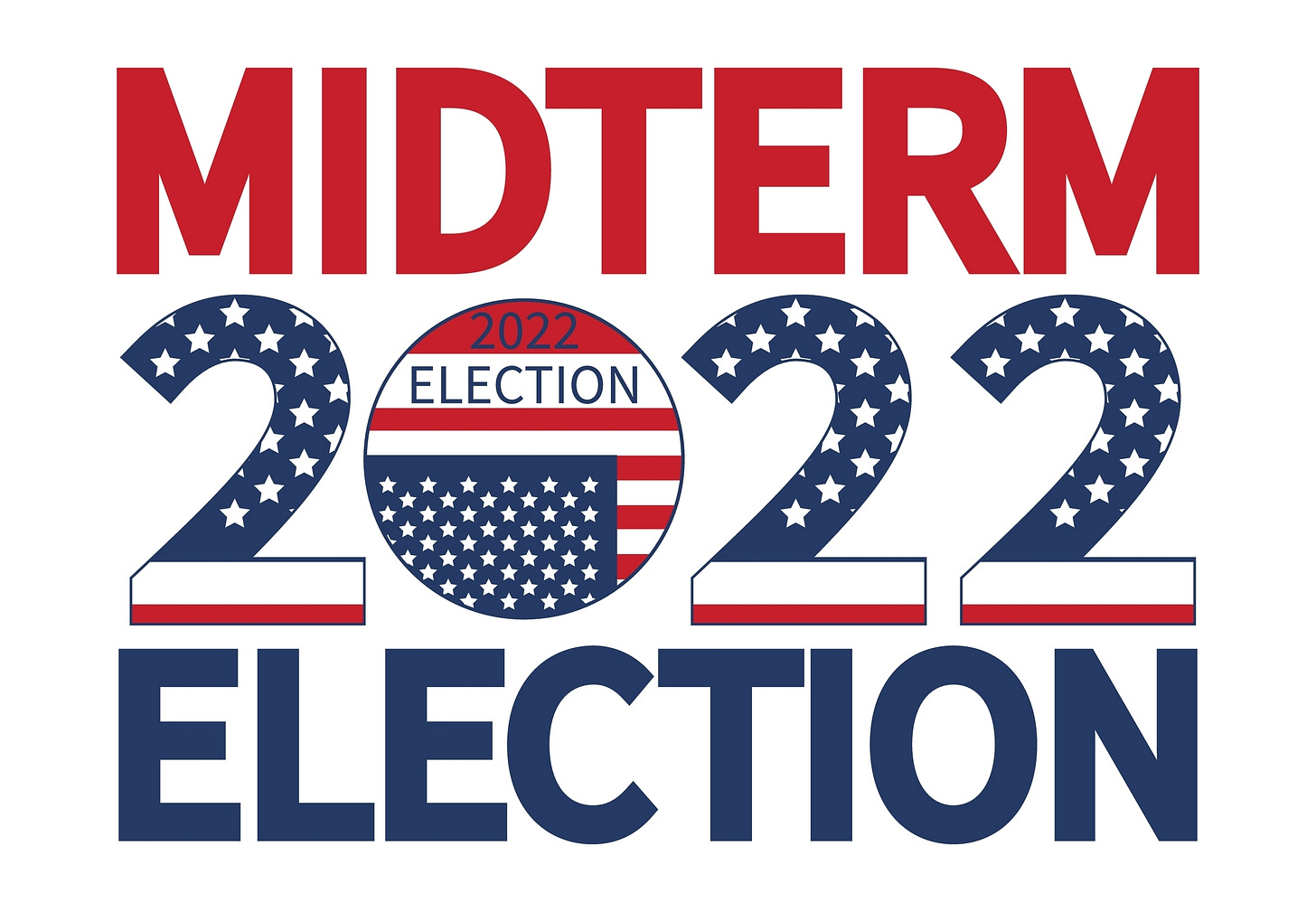The 2022 Election; by the Numbers
1. Voter Turnout and At Large Voting
Moore County turnout was above the state average at 55.8% (vs. 50.5%) but was below the 59.2% of 2018 and way below the 2020 turnout of 79.2%. That means about 33,000 eligible voters did not vote in 2022 and 2,600 people who voted in 2018 did not vote in 2022.
Women and men turned out about equally at 30.0 and 30.4% but Blacks only turned out at 41.7%, while Whites turned out at 60.2%.
The “At Large” voting system used by Moore County allowed all the county-wide winners to be determined by a small group of voters. For example the five Pinehurst precincts turned out roughly 4½ times the voters that came out of the 4 Northwestern precincts in Pam Thompson’s race.
The City of Fayetteville just had the opportunity to change its Charter to a voting method more similar to Moore County. It was defeated by 13%.
2. The Madness of Mandates
Low turnout means that election winners are supported by tiny coalitions of motivated voters. In the case of the 3 winning school board members, they were supported by an average of 26.6% of eligible voters and the 2 winning County Commissioners by an average of 35.2%.
In fact, roughly 10,000 registered Republicans (statistically closer to 15,000) did not vote for the leading vote getter in the school board race. Almost 7,000 people voted for Nick Picerno but not for Pauline Bruno.
The top Democrat supported candidate for school board lost by less than 500 votes (0.6% of eligible voters).
3. NC General Assembly Gerrymandered to Perfection
After the 2020 census, the NC GOP redrew the current districts to guarantee their dominance in North Carolina’s state legislature. That means because of more than a decade of well-documented, publicly acknowledged gerrymandering by the NC Republican Party; about half of North Carolinians voted for Democrats but the GOP will hold most of the power.
US Congress D = 48% R = 52% Seats = 7-7* *court drawn
NC Senate** D = 52% R = 48% Seats = 20-30
NC House** D = 50% R = 49% Seats = 41-79
**contested
Gerrymandering has allowed politicians to stack the deck in their favor by packing their opponents' supporters into a few voting districts or spreading them out over multiple districts to render them powerless.
In doing so, these Republicans have made themselves democracy-proof.
4. The Courts Will Decide
Nothing will change until the courts make them change. Court-ordered maps in the state's Congressional races yielded a 7-7 split this year, which makes a lot of sense in this solidly purple state. However, we can expect the GOP to redraw those maps once again to ensure most of the districts deliver Republicans in future elections.
And it would take the courts — which will be under almost total GOP control after the Election, to show some backbone and end it. However, these new judges are all Republicans. You can imagine the damage to our democracy if this new court, made up of supposedly impartial defenders of justice, allows such an obvious injustice to transpire.
All this goes to show that you can organize to perfection but gerrymandering will always have the final say.
5. The Color of Coincidence?
The two flipped Senate seats were in the eastern part of the state and both replaced African Americans.
Republican redistricting claimed 20 year legislator Sen. Toby Fitch of Rocky Mount (African American), who lost to former GOP Sen. Buck Newton and an appointed Republican Senator, Bobby Hanig, defeated Democrat Valerie Jordan (African American) in the northeastern coastal district.
In the House, Republicans were successful in unseating four incumbent Democrats (all of whom are minorities).
They include 3 African Americans and a Latino:
Reps. Howard Hunter III (African American) of coastal Hertford County (8%);
James Gailliard (African American) of Nash County (Rocky Mount) (8%);
Terry Garrison (African American) of Vance County (Henderson) (3%); and
Ricky Hurtado (Latino) of Alamance County (Burlington) (2%).
6. Reproductive freedom in North Carolina will come down to 1 vote
The GOP fell a single vote short of having supermajorities in BOTH chambers of the state legislature. They extended their majority in the House and won a super majority in the Senate.
This means Democratic Gov. Roy Cooper's veto is still the only check on the General Assembly’s worst impulses. Republicans have made no secret about their goal to eliminate reproductive freedom, despite overwhelming public support for abortion rights. Defending abortion will come down to Democrats upholding Cooper's veto by a single vote, when an abortion bill gets passed.
This means Democrats can't get sick or miss a surprise vote, which is something Speaker Tim Moore has pulled in the past.
These are the facts and as Senator Daniel Patrick Moynihan said “Everybody is entitled to their own opinions, but not their own facts.”


This was incredibly helpful! I could not figure out how what happens with school board happened!